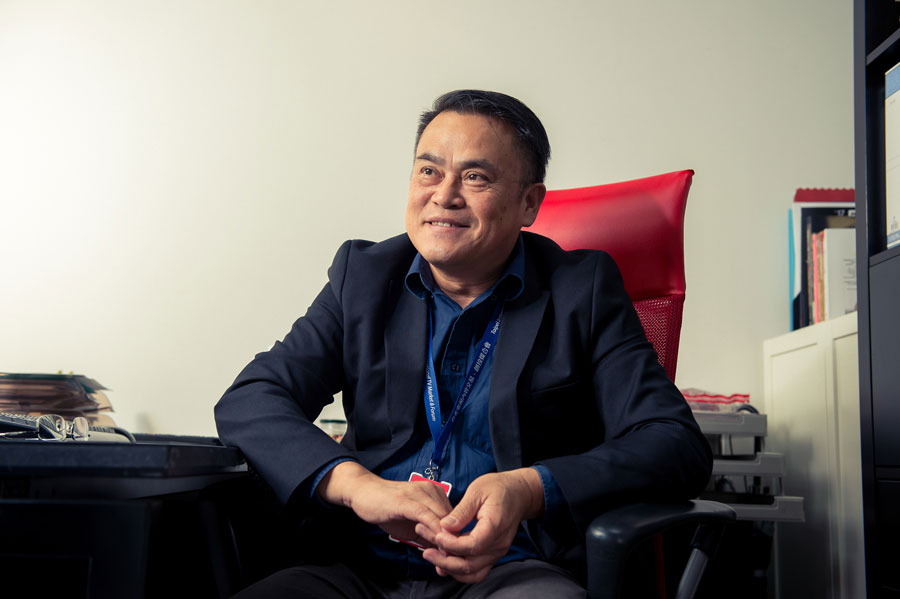It is through oral narratives that history, culture, and memories are recounted. Though indigenous peoples have a rich history of oral tradition, we are mistaken as a people without written languages. As our ancestors could not record with written words the happenings or experiences in the past, we are often misunderstood as a people without history. Yet, works of indigenous peoples history written by other cultures have either twisted the thoughts of my people due to racial prejudice or cultural gap, or described us as objects with a lack of agency and ability to choose from the perspective of colonial history or developmental history.
Fortunately, for the past 10 years or so, a number of indigenous intellectuals have released works relevant to their own community history in Taiwan. Examples include “The History of Taiwan Indigenous Peoples: Paiwan People” by Professor Tung Chun-fa, the master’s thesis of Cai Guang-huei (a.k.a. Demiyap.Ruluwan) “The Establishment of Society and Ethnic Relations of Paiwan People ‘1630-1894’” based on the entire history of Paiwan, “In The Name of Indigenous Hunting Culture” by Tsou Professor Pu Jhong-yong, “Myths of Taiwan’s Tsou People,” “Oral Literature of Taiwan’s Indigenous Peoples,” and “Mythology of Taiwan’s Indigenous People” written by Pasuya Poiconu, Dean of College of Indigenous Studies, National Dong Hwa University, “Significant Historical Events of Indigenous People – Cikasuan Incident” and “Research on Religious Folk Beliefs of the Malan Amis People in Taitung” by Amis Professor Lin Su-jhen of the Department of Ethnic Relations and Cultures, National Dong Hwa University, and “Sinhua – The History of A Paiwan People” composed by the Paiwan doctor Jhang Jin-sheng as local history to depict the history from a local Paiwan’s perspective.
These writings enable the mythology and history of Taiwan’s indigenous peoples to be authentically presented in literary circles and academia in Taiwan.
These authors wrote the history of their ethnic groups based on their own identity, as and from the viewpoints of indigenous peoples to assert historical subjectivity. They reclaim the right to narrate the stories of indigenous people and construct an indigenous history with the indigenous peoples being the storytellers.
Mythologies that exist in all ethnic groups are concerned with their early life and life experiences. For Indigenous Sight, we have carefully set the theme “Begin The Journey along the Course of Indigenous History” for this issue. We have prepared and gathered relevant information, with evidence as well as invited articles from indigenous scholars and authors. We take particular care when editing these articles, so that our people can read about the mythologies, history, and culture rich in content. Let’s unveil the mystery of history!
Acting CEO, Indigenous Peoples Cultural Foundation






